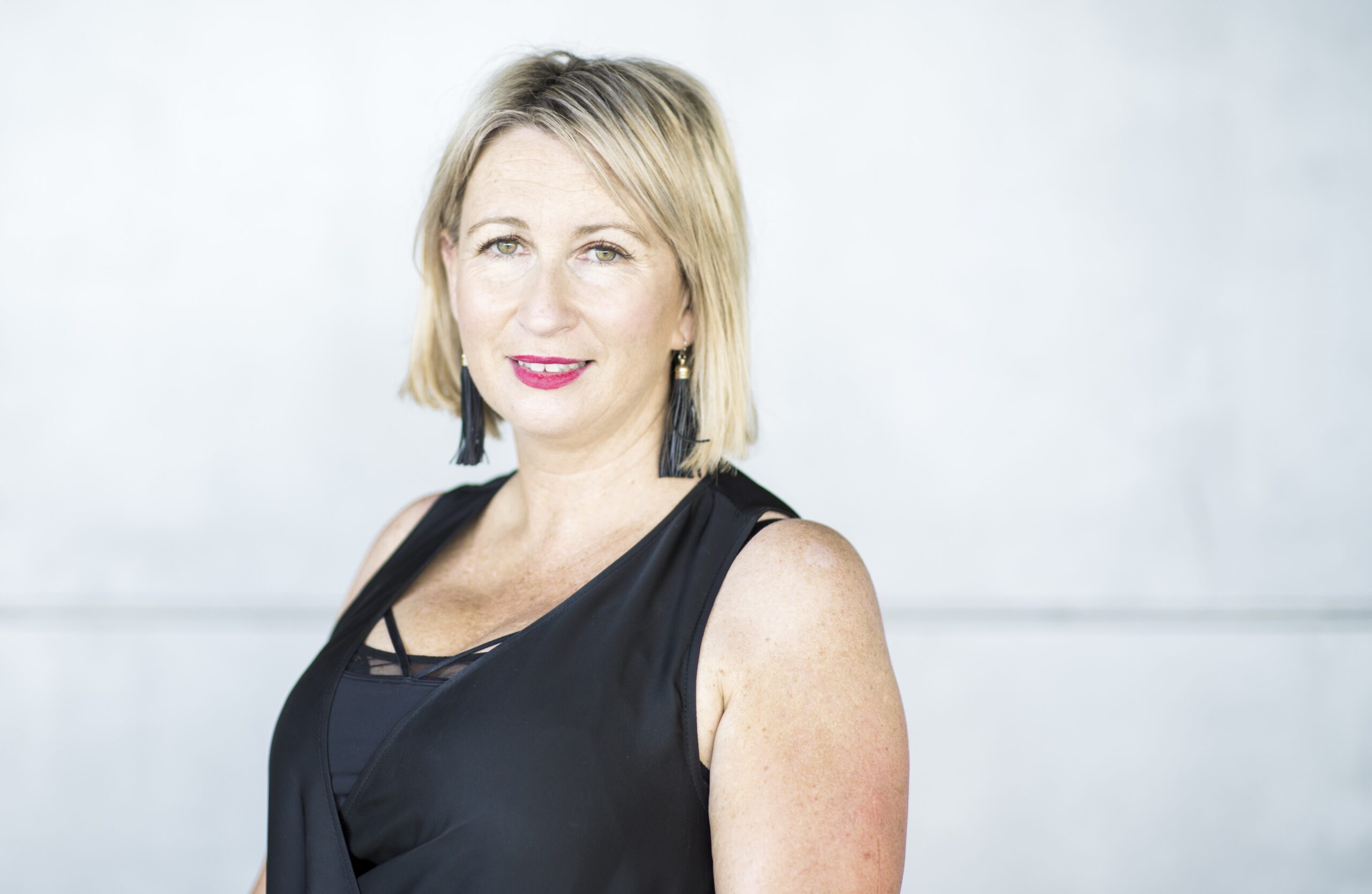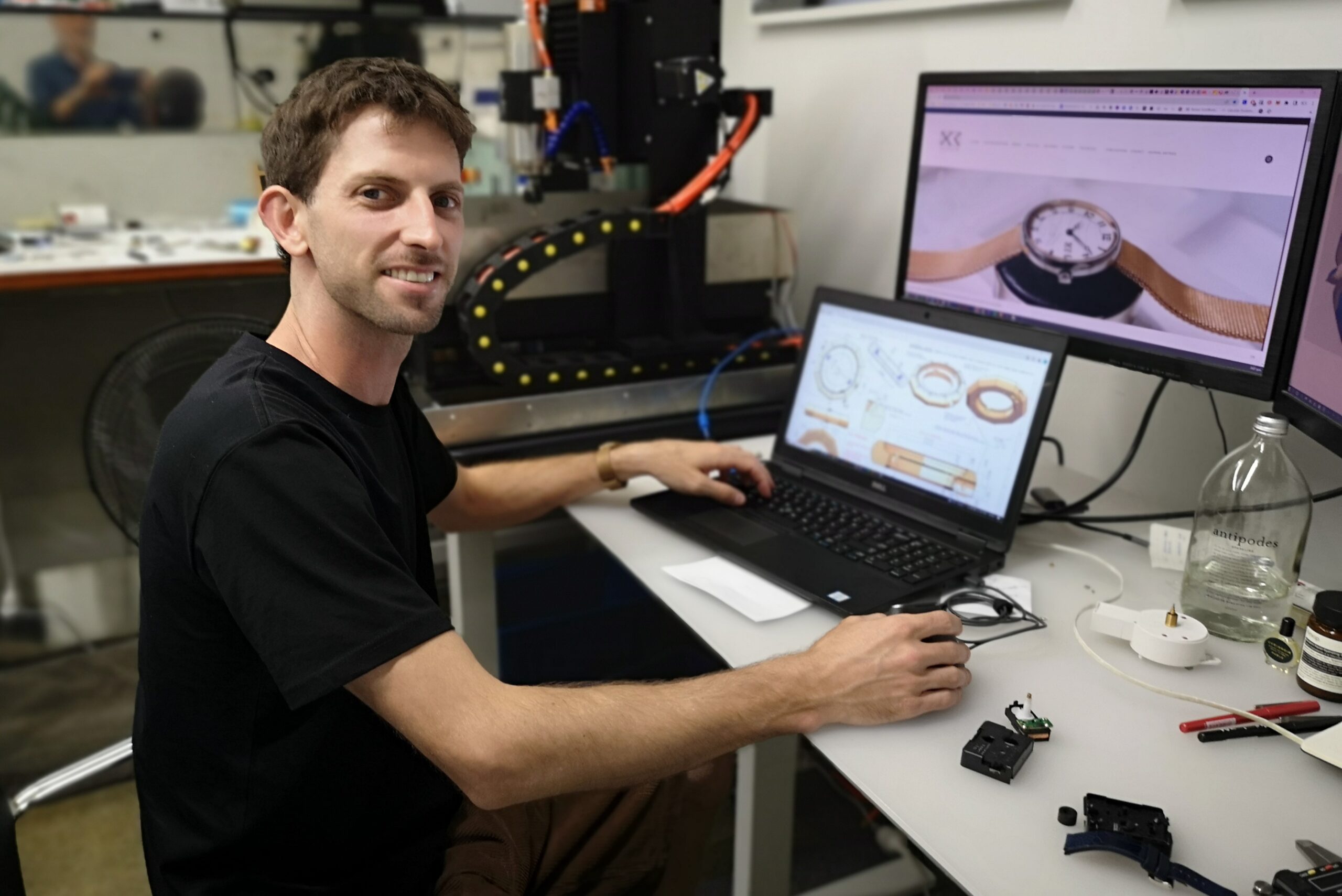The business of “happily ever afters”
Jenni Raynish is the founder and CEO of New Zealand’s only cord blood bank. The former high-profile comms and PR consultant is thoroughly enjoying what has become her lifelong passion […]
Jenni Raynish is the founder and CEO of New Zealand’s only cord blood bank. The former high-profile comms and PR consultant is thoroughly enjoying what has become her lifelong passion project.
NZB: What sort of feedback did you get when you first decided to set up CordBank?
Jenni: My Mum asked, “Why would you want to start something new when you already have a successful business?” But I was completely convinced that starting CordBank was something I just had to do. I was so frustrated that I couldn’t bank my children’s cord blood and no one else would be able to either unless I started one.
I was 100 percent supported by my husband, who said “that sounds like a great idea” because he is the most positive person I know.
I felt, and still feel, so passionately about establishing CordBank that I wasn’t worried that some people didn’t understand. I knew they’d get it eventually and now, 20 years later, they have.
NZB: What unique set of challenges did you have to overcome when initially setting up the business?
Jenni: We had an expert consultant who didn’t get around to mentioning that you needed to be licensed by the Ministry of Health, until the day before we launched.
We postponed the launch.
We then spent the next ten months learning how to get a pharmaceutical manufacturing license. At that stage New Zealand was the only country in the world with that requirement for cord blood banking. Medsafe had determined that cord blood stem cells were being saved as a medical therapy, so we needed a pharmaceutical manufacturing licence.
While other countries have now followed, we’re pleased that New Zealand’s regulatory regime is still the most stringent. I went from having no idea that a license was even required, to now really valuing that degree of oversight 99 percent of the time. Having clear rules in place means we can be trusted that we’re doing it right. The code of manufacturing is very clear. Everyone in the organisation understands that.
NZB; Describe CordBank’s milestones. Which are you most proud of?
Jenni: First of all, just launching successfully! Getting licensed after such a rigorous process.
The second one was the first child who needed their cord blood released for the successful treatment of a neuroblastoma. Her parents were among the first to bank cord blood with CordBank. They were told, with their daughter’s stage-four cancer, to take her home to die. But after treatment and reinfusion of her cord blood, she’s alive today. It made me feel like all of the reasons I’d wanted to start the company in that moment were achieved.
Since then, there’ve been many families who have used their children’s cord blood for treatment here and overseas. Every single one of those experiences has been intensely moving – because I want all families to have a happily ever after, and for children not to be ill.
I established CordBank to save babies. If cord blood banking can help them, then that’s a huge contribution to everyone’s lives. Our job is providing that opportunity and knowing that if you saved your cord blood it can save your child’s life. That’s what is meaningful to me.
NZB: How have your business’s services been received in the marketplace?
Jenni: Very positively. Clients who banked their children’s cord blood are still clients – with new families joining the CordBank family every day. So many families have been aware of the benefits of storing cord blood – while others are just learning about it. We’re continuing to see new uses for cord blood stem cells and experts anticipate more uses in ten, 20, 50 years. The number of case studies and clinical trials demonstrating that cord blood stem cells have unique regenerative abilities increases every year.
I want to see every baby in New Zealand with their cord blood banked. But until it gets some form of government funding this might not be achievable for every family.
NZB: Some core skills would have been transferable from your time in comms and PR. But what new skills have you had to learn or refine with CordBank?
Jenni: Learning about pharmaceutical manufacturing! It’s a regulated, very prescriptive process. I didn’t encounter that while I was running my PR company!
Reading medical and science papers was initially quite a learning curve. But it’s like anything else, if you’re passionately interested in it, and you want to know as much as you can, then learning about it is exciting.
NZB: What advice can you offer other business startups to help them succeed?
Jenni: Believe in your vision. To be successful you have to back yourself and remain passionate about your reasons for starting your business.
You need persistence and determination…it’s not going to be straightforward.
It’s also important to have professional advisors. A trusted accountant, lawyer, and people who may not be in the business but who will discuss concerns and worries with you. You can lose perspective if you are trying to do it all alone.
It’s really important to have, I want to say friends, but people who will give you honest advice about issues you may never have dealt with before.
But mostly hold on to your vision. Use that vision to remind yourself of why you’re working this hard on days when you may be feeling a bit tired, or your job list seems too long.
NZB: What has given you the most satisfaction from this business? Are there any great feel-good stories?
Jenni: Every single family that banks their cord blood is a feel-good story. Every person has a reason for doing it, and hearing their reasons is incredibly moving. People have had family members suffer from illnesses like my dad did. People have struggled through IVF and really want to give their hard-fought-for baby every protection they can. People have well-founded hope about what the future might bring and are excited to give their child that opportunity.
And I love babies, and families. I get to see pictures of the babies and hear parents tell their stories. It’s an incredibly privileged position to be part of so many families, to hear what they’ve named their babies, to hear when they’re having another baby.
And to think that if I hadn’t missed out on being able to bank my daughter’s cord blood, none of this would exist. That’s humbling.
NZB: What are your business plans going forward?
Jenni: To have more families join us. One day I’d like to see cord blood banking subsidised so everyone can do it. I’ve been studying law for the last two years so I can understand the way in which it might be possible to influence policy. So maybe one day cord blood banking, like IVF treatment, could be accessible for everyone.




